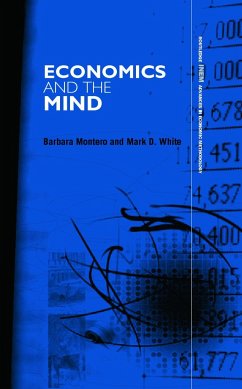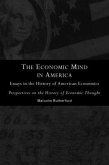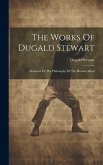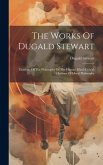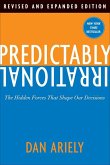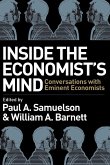Economics is often defined as the science of choice or human action. But choice and action are essentially mental phenomena, an aspect rarely mentioned in the economics discourse. Choice, while not always a conscious or rational process, is held to involve beliefs, desires, intentions and arguably even free will. Actions are often opposed to mere bodily movements, with the former being in some sense only understandable in reference to mental processes while the latter are understandable in entirely non-mental, physical terms. While philosophers have long concerned themselves with the connections between these concepts, economists have tended to steer clear of what might appear to be an a priori debate. At the same time, philosophers working on these important notions have tended to not dirty their hands with the empirical, real-world applications in which economists are specialized. This volume fills these gaps by bringing economists and philosophers of mind together to explore the intersection of their disciplines.
Hinweis: Dieser Artikel kann nur an eine deutsche Lieferadresse ausgeliefert werden.
Hinweis: Dieser Artikel kann nur an eine deutsche Lieferadresse ausgeliefert werden.

